30 November 2024
Game engines have come a long way, haven’t they? From the charming simplicity of retro 2D games to photorealistic open worlds, the tools used to create games have evolved just as much as the games themselves. Whether you're an indie dreamer or a seasoned game developer, choosing the right game engine for your project can feel like picking the perfect pair of shoes—there’s no one-size-fits-all! So, let's dive into the evolution of game engines and how to choose the right one for your game. Ready? Let’s get started!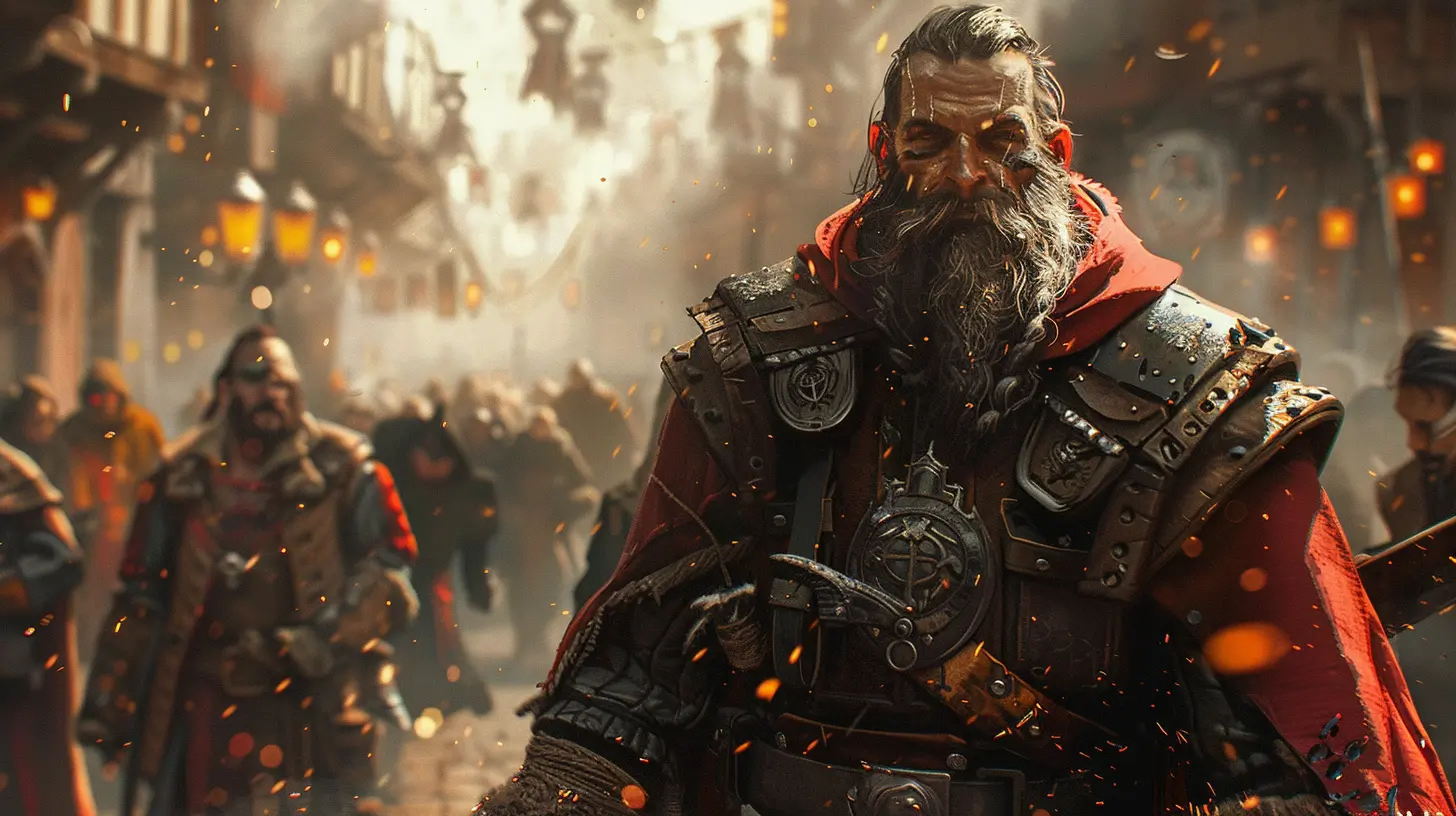
What Is a Game Engine? (And Why Does It Matter?)
First things first—what even is a game engine? Think of it as the foundation (or backbone) of your game development process. A game engine is a software framework designed to help developers create video games. It includes everything you need to bring your ideas to life: graphics rendering, physics simulation, scripting, animation, artificial intelligence (AI), audio, and more.Imagine trying to build a house without tools—you’d be stuck lugging around bricks with your bare hands. A game engine is your toolkit, simplifying and streamlining the process so you can focus on designing gameplay and worlds instead of reinventing the wheel for every project. Cool, right?
But here’s the kicker: not all engines are created equal. Depending on your project’s style, scope, and goals, you’ll need to choose wisely.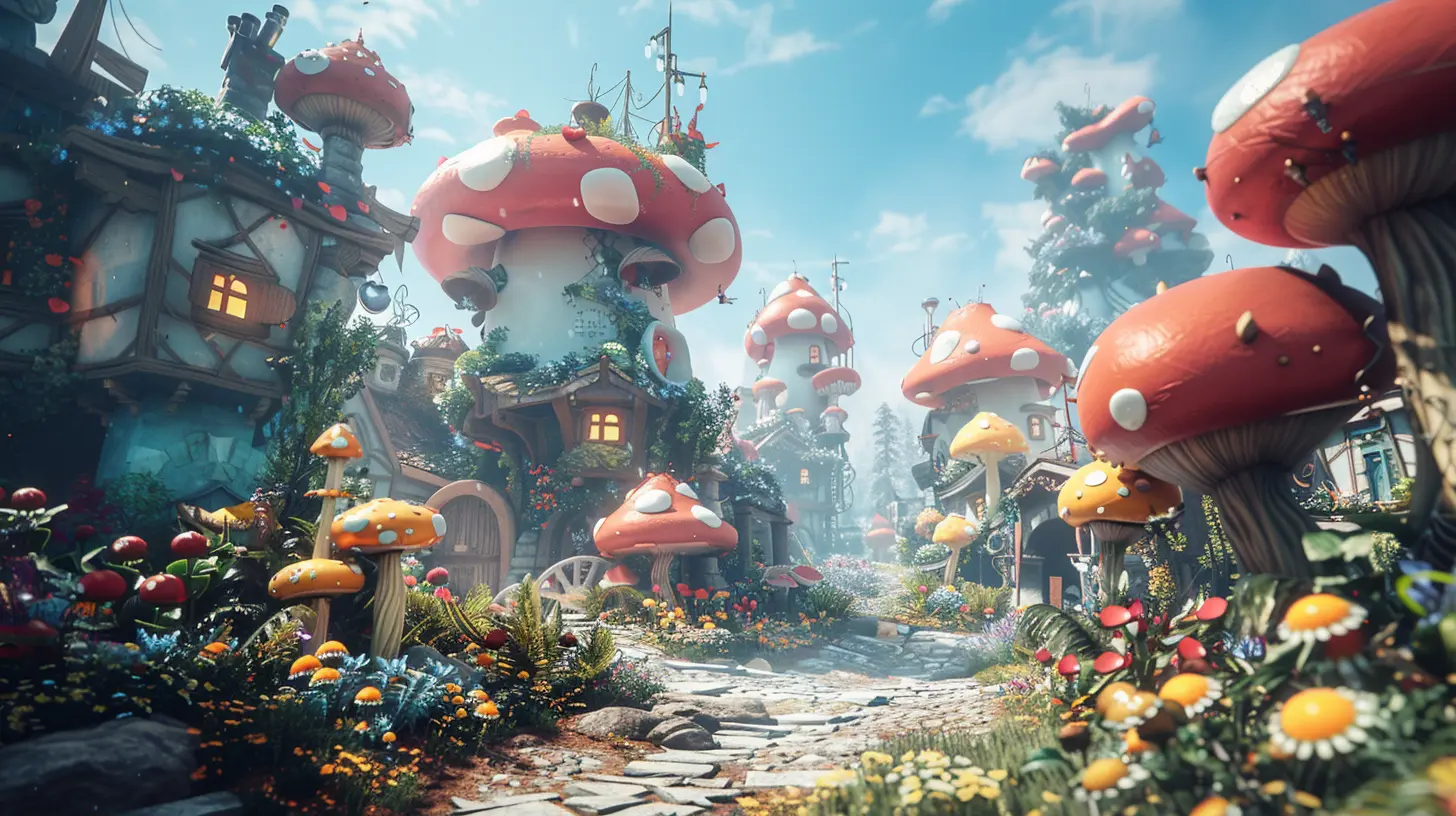
The Early Days: A Pixelated Revolution
Let’s hop into a time machine and take a trip to the 1980s and 1990s when game development was in its infancy. Back then, there weren’t flashy engines or intuitive tools. Developers coded everything from scratch—graphics, physics, and sound. It was a labor of love (or maybe madness?) that required a deep understanding of computer hardware.Some early pioneers like id Software didn’t just create games; they crafted their engines too. Remember DOOM? Its groundbreaking id Tech engine laid the groundwork for how 3D games would be developed. Meanwhile, engines like RenderWare began emerging, spreading their influence across multiple titles.
Sure, these early engines were nowhere near as robust as the ones we have today, but they were cutting-edge in their time. They proved that reusable frameworks were a game-changer (pun intended!).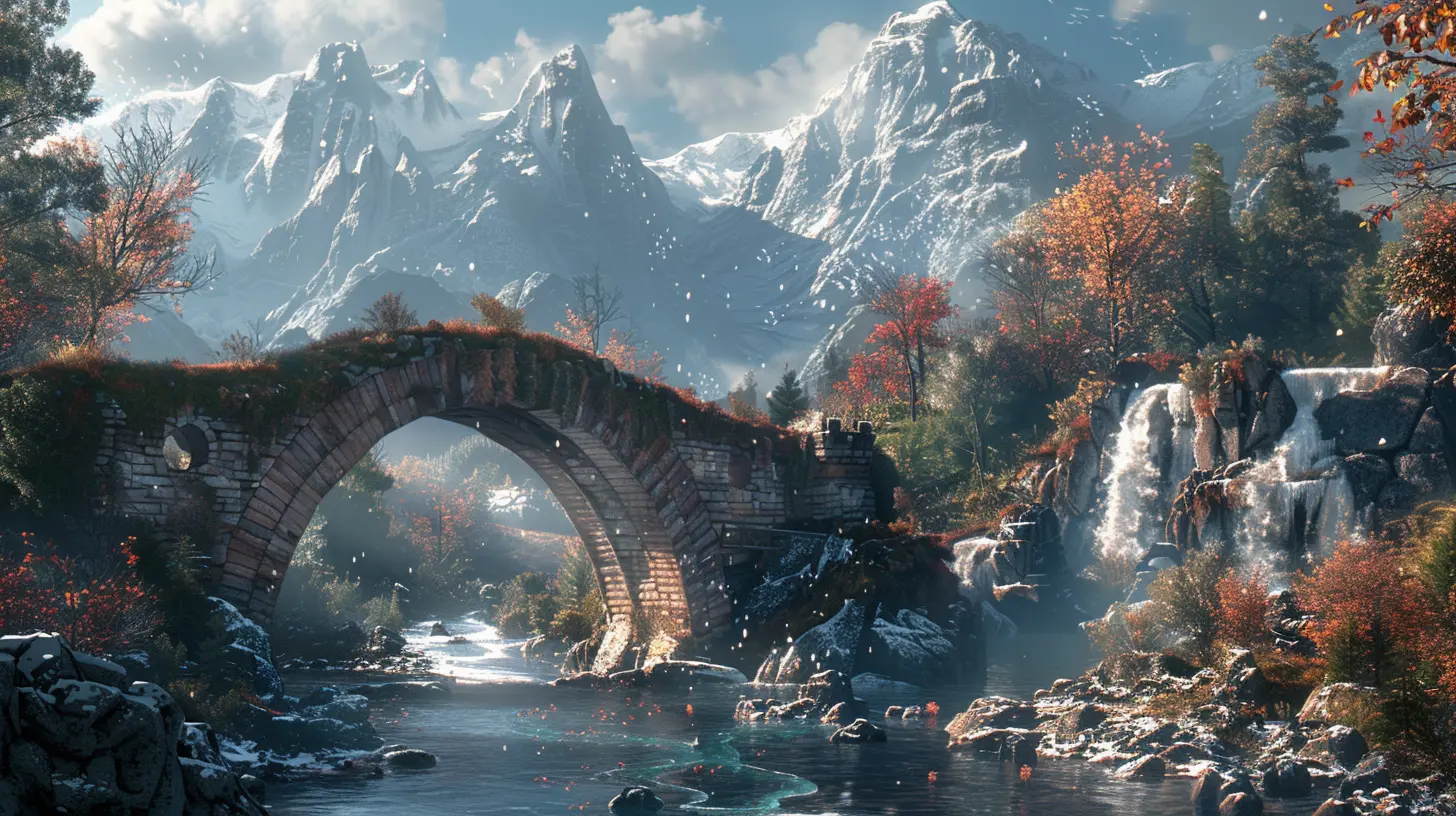
Modern Era: The Rise of Powerhouses
Fast forward to today, and the game engine landscape is teeming with giants. The likes of Unreal Engine, Unity, CryEngine, and Godot dominate the scene, offering features and flexibility that were once unimaginable. Let’s take a quick look at some of the major players:1. Unreal Engine: The Blockbuster Machine
Known for its jaw-dropping visuals, Unreal Engine (developed by Epic Games) is like the Hollywood director of game engines. If your project needs AAA-level graphics, this engine has your back.- Pros: Superb graphics, powerful tools, and a friendly blueprint system for non-coders.
- Cons: Steeper learning curve and can be resource-hungry.
- Best For: Big-budget 3D games, VR/AR experiences, and cinematic projects.
2. Unity: The Swiss Army Knife of Game Engines
Unity is one of the most versatile and popular tools out there. Whether you’re building a cute mobile game or an immersive VR experience, Unity is like your trusty all-purpose knife—it can do (almost) anything!- Pros: Beginner-friendly, strong community support, and cross-platform capabilities.
- Cons: Graphics aren’t quite as polished as Unreal Engine out of the box.
- Best For: Indie games, 2D/3D projects, mobile games, and smaller teams.
3. Godot: The Indie Darling
Godot is the underdog that’s rising fast. Open-source and free, it’s a fantastic choice for indie developers who want complete creative freedom without breaking the bank.- Pros: Lightweight, easy-to-learn, and completely free.
- Cons: Limited resources compared to Unity or Unreal.
- Best For: 2D games, small indie projects.
4. CryEngine: The Visual Powerhouse
CryEngine is famous for pushing the boundaries of visual fidelity. If you want your game to look ridiculously good, this one’s worth exploring.- Pros: Stunning graphics and sophisticated tools.
- Cons: Not very beginner-friendly.
- Best For: High-end 3D games.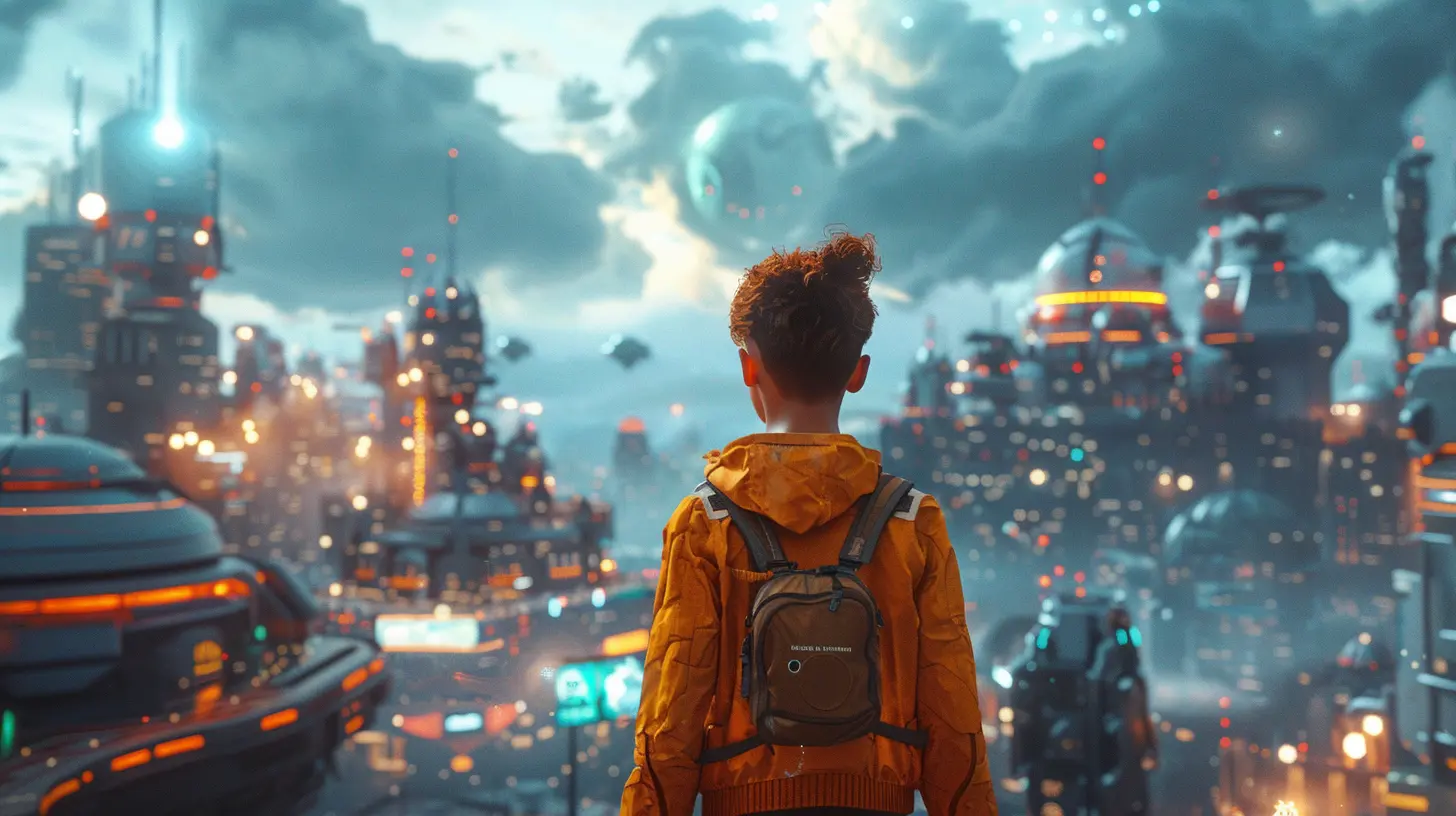
How to Choose the Right Engine for Your Project
Picking a game engine can feel like walking into an ice cream shop with 50 flavors—overwhelming! But don’t worry, here’s a simple roadmap to narrow down your options:1. Define Your Game’s Vision
What kind of game are you making? A cozy 2D platformer? A sprawling 3D RPG? Start by clarifying your vision. Different engines excel in different areas, so knowing your goals can help steer your choice.2. Consider Your Skill Level
Are you a coding wizard, or does the sight of code make you break out in a sweat? Some engines like Unity and Godot are beginner-friendly, while others require more technical know-how. Unreal Engine’s Blueprint system bridges the gap for non-coders, which is pretty cool.3. Factor in Budget and Resources
Money matters, doesn’t it? If you’re on a shoestring budget, Godot’s free, open-source model is a lifesaver. On the other hand, Unity and Unreal Engine have free tiers but may require royalties or fees for commercial projects.4. Think About Platform Compatibility
Where do you want your game to live? Consoles? Mobile? PC? Some engines specialize in cross-platform development, while others are better suited for specific platforms.5. Look at the Community and Support
A strong community can be a lifesaver when you’re stuck. Engines like Unity and Unreal have thriving communities, tutorials, and documentation for developers. For newer tools like Godot, resources may be a bit more limited—but growing fast!Why There’s No “Perfect” Engine
Here’s the thing: there’s no such thing as a perfect game engine. Each one has its strengths and weaknesses, so it’s all about what fits your specific project. Choosing the right engine is like choosing the right tool for the job—sure, you could use a hammer to drive in a screw, but wouldn’t a screwdriver make more sense?Remember, the game engine isn’t the star of the show. It’s the tool that helps you bring your vision to life. What truly matters is your creativity, passion, and commitment to crafting a game that players will love.
The Future of Game Engines: What’s Next?
Game engines are evolving faster than ever. With buzzwords like AI, machine learning, and procedural generation becoming commonplace, the future promises even greater innovation. Engines are getting smarter, more accessible, and more powerful, opening doors for creators from all backgrounds.Imagine a world where AI helps automate level design or where photorealistic assets can be generated in seconds. We’re already seeing glimpses of this future, and honestly? It’s pretty exciting.
Final Thoughts
Choosing a game engine might seem intimidating, but don’t overthink it. The beauty of today’s tools is that they’re more accessible than ever, allowing anyone with a passion for games to create something amazing. Whether you’re dreaming of pixel-perfect 2D adventures, sprawling 3D epics, or quirky indie gems, there’s an engine out there for you.So roll up your sleeves, pick your weapon, and start building your dream game. The only limit? Your imagination.



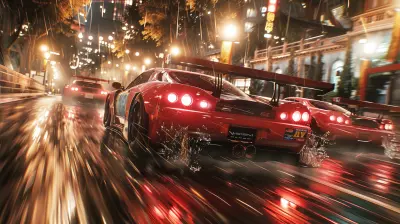
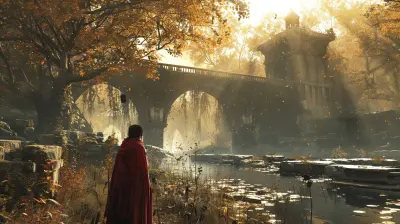

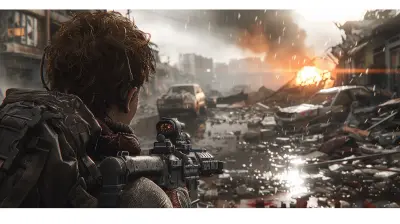
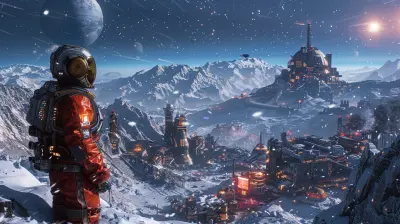
Zain McPhail
Choosing a game engine: like dating, but with fewer breakups!
April 1, 2025 at 4:19 PM